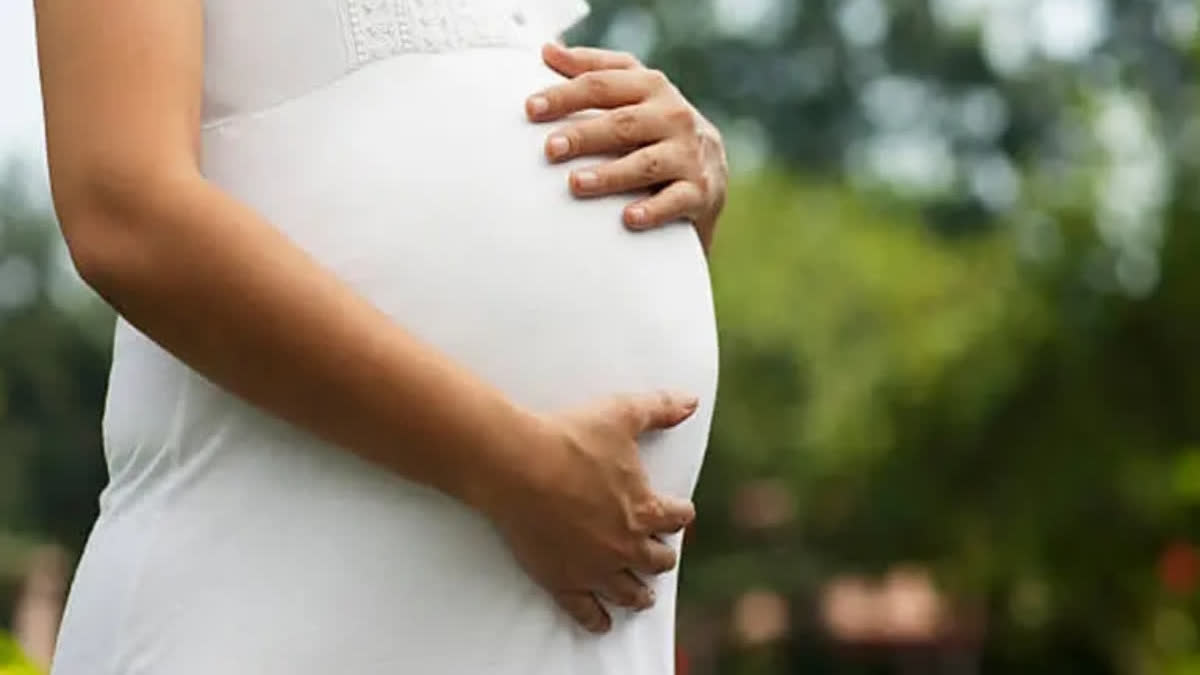New Delhi: Higher levels of lithium in household tap water used for drinking by pregnant mothers could affect an important molecular pathway involved in neurodevelopment and autism, increasing the chances of offsprings developing autism spectrum disorder, according to scientists.
In the future, they said, human activities such as growing use of lithium battery and disposal in landfills potentially causing groundwater contamination could step up lithium levels in water. The scientists from University of California Los Angeles (UCLA) Health, US, also said that the results of their study, based on data from Denmark, need to be replicated in other populations and areas of the world. They have published their results in the Journal of American Medical Association (JAMA) Pediatrics.
"Any drinking water contaminants that may affect the developing human brain deserve intense scrutiny," said lead study author Beate Ritz, professor of neurology, UCLA Health. Owing to lithium's mood stabilising effects, lithium compounds have long been used in the treatment of depression and bipolar disorders.
However, there is debate about the safety of lithium intake by pregnant mothers, amidst increasing evidence of its association with a higher risk of miscarriage and cardiac anomalies or defects in newborns. Ritz found experimental research that found that lithium, one of the several naturally occurring metals often found in water, could affect an important molecular pathway involved in neurodevelopment and autism.
